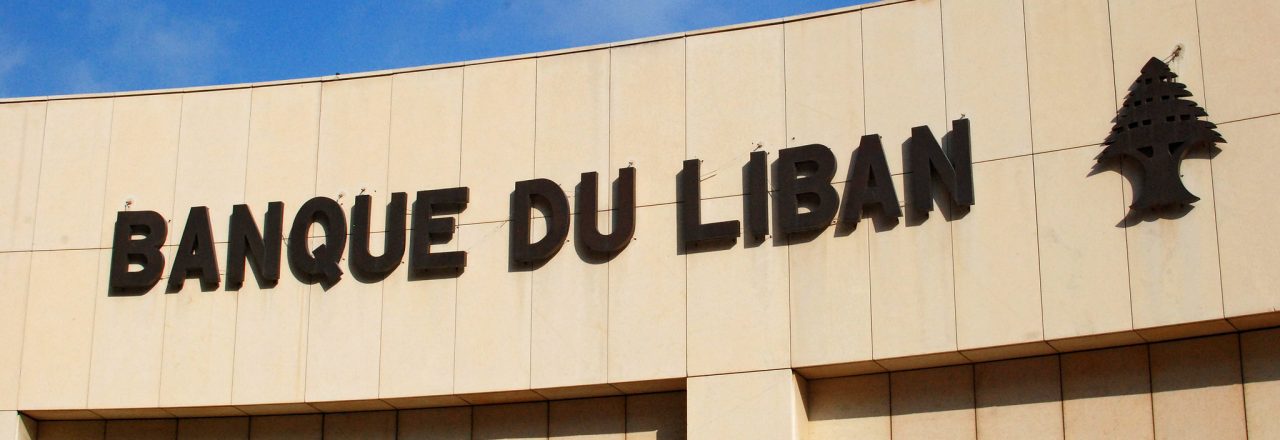
Lebanon announces first ever default on country’s sovereign debt
Lebanon’s Prime Minister Hassan Diab announced on 7 March his government’s decision to default on a $1.2 billion Eurobond due on Monday 9. The Lebanese sovereign default comes at a time of already deep economic crisis and high social tensions. In October 2019, the former government led by Saad Al-Hariri resigned following mass popular demonstrations that accused the old political elite of corruption and inability to deliver basic needs. The new government will now face the challenge of reconstructing its national debt while appeasing domestic demands for the promised and long-awaited economic reforms. In this context, international support could play an important role, given the length and complexity of the debt reconstructing process. However, despite earlier technical consultations with the International Monetary Fund (IMF), the scenario of an international bailout mechanism seems unlikely. Firstly, the austerity measures accompanying the bailout could potentially result in more civilian unrest. Moreover, the IMF would also require a forward-looking and solid economic plan before implementing any mechanism, a requirement the Lebanese government may struggle to meet. Europe’s reaction could also be a game-changer. Diab told European diplomats that he will suspend for now debt repayments while negotiating with main creditors.
- The Euromed news are edited by the team of the Euro-Mediterranean Policies Department of the European Institute of the Mediterranean -


